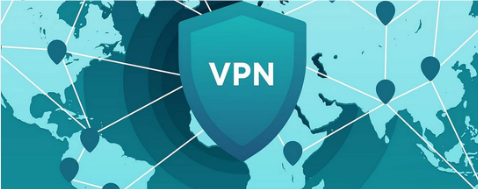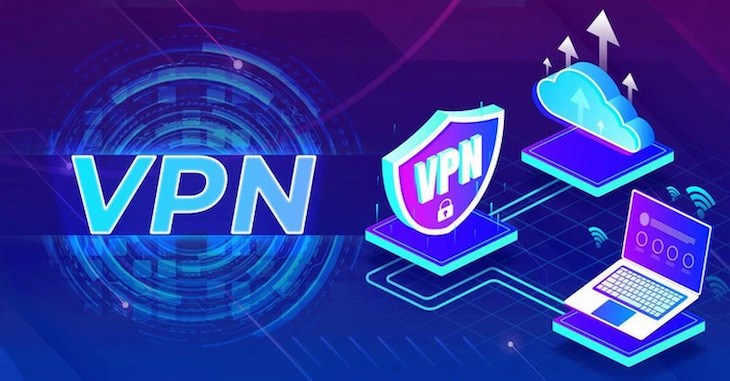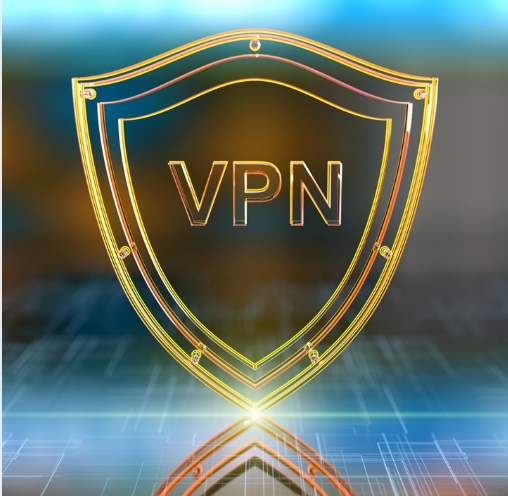What Is a VPN? A Simple Guide to Protect Your Online Identity
Learn what a VPN is and how it helps protect your online identity. Compare proxies vs VPNs and discover which tool is best for maintaining your privacy and security in today’s digital world
In today’s digital world, safeguarding your online identity and data is more important than ever. With the constant threats of cyber-attacks, surveillance, and data breaches, it’s essential to take steps to protect your personal information. One of the most effective tools for maintaining privacy and security online is a Virtual Private Network (VPNs). But what exactly is a VPN, and how can it help protect your online identity?
In this comprehensive guide, we will explore what a VPN is, how it works, and why it’s important. We will also compare proxies vs VPNs, highlighting the differences and helping you understand which option is best suited for your privacy needs.
What Is a VPN?
A VPNs, or Virtual Private Network, is a service that creates a secure, encrypted connection between your device and the internet. When you use a VPN, your internet traffic is routed through a remote server operated by the VPN provider. This server acts as an intermediary between your device and the websites or services you access, masking your IP address and encrypting your online activity.
The primary goal of a VPN is to enhance privacy and security. It achieves this by ensuring that your data is encrypted, making it unreadable to anyone who might intercept it, including hackers, internet service providers (ISPs), or even government agencies. Additionally, a VPN allows you to bypass geo-restrictions and access content from different regions by masking your real location.
How Does a VPN Work?
A VPN works by routing your internet connection through a remote server. Here’s a simplified breakdown of how it works:
-
Connection to the VPNs Server: When you connect to a VPN, your device establishes a secure connection with the VPN server. This connection is encrypted, which ensures that your data is secure.
-
Encryption of Internet Traffic: Once connected to the VPN server, all your internet traffic is encrypted. This means that even if someone tries to intercept your data, it will be unreadable without the decryption key.
-
Masking Your IP Address: When you browse the internet while connected to a VPN, your real IP address is hidden. Instead, websites and online services will see the IP address of the VPN server, which could be located anywhere in the world.
-
Bypassing Geo-Restrictions: By connecting to a VPN server in a different location, you can access content that is restricted or blocked in your region. This is particularly useful for streaming services like Netflix, YouTube, and Hulu, which often have different content libraries depending on your location.
Why Should You Use a VPNs?
There are several key reasons why you should consider using a VPNs to protect your online identity and security:
-
Privacy Protection: A VPN encrypts your internet traffic, making it much more difficult for anyone to monitor your online activities. This is especially important when using public Wi-Fi networks, which are often unsecured and vulnerable to hackers.
-
Bypassing Geo-Restrictions: Many online services restrict access to content based on your geographic location. With a VPNs, you can easily connect to a server in another country and access region-specific content, such as TV shows, movies, and websites.
-
Avoiding Censorship: In some countries, the government imposes censorship on the internet, blocking access to certain websites or services. By using a VPN, you can bypass these restrictions and access the open internet.
-
Secure Online Banking and Shopping: When making financial transactions online, security is crucial. A VPN ensures that your sensitive information, such as credit card details and login credentials, is encrypted and protected from hackers.
-
Preventing Tracking: Advertisers and websites often track your online activities for marketing purposes. A VPN helps mask your IP address, preventing third parties from tracking your browsing history and creating targeted ads.
Proxies vs VPNs: Which One Is Better?
While both proxies vs VPNs can help mask your IP address and bypass restrictions, they work in different ways and offer varying levels of security.

VPNs
What Is a Proxy?
A proxy is a server that acts as an intermediary between your device and the internet. Like a VPN, a proxy allows you to access websites and content from a different location by masking your real IP address. However, proxies are not as secure as VPNs because they don’t encrypt your internet traffic. This means that your data is still exposed to potential surveillance and interception.
Proxies are typically used for basic tasks, such as bypassing geo-restrictions and hiding your IP address. However, they do not provide the same level of privacy and security as a VPN. For example, if you use a proxy to access a website, your ISP and the website itself can still track your online activities.
Differences Between Proxies and VPNs
-
Security: A VPN offers encryption, which ensures that your data is secure and private. In contrast, a proxy does not provide encryption, making it less secure.
-
Privacy: A VPN masks your IP address and encrypts your internet traffic, making it more difficult for third parties to track your online activities. A proxy, on the other hand, only masks your IP address without encrypting your traffic, which means that your data is still exposed.
-
Speed: Proxies are often faster than VPNs because they do not encrypt your data. However, this speed comes at the expense of security. A VPN may slightly reduce your internet speed due to the encryption process, but the difference is usually negligible with a high-quality VPN provider.
-
Functionality: A VPN provides comprehensive privacy and security, while a proxy is more suited for basic tasks like hiding your IP address or accessing geo-restricted content.
When Should You Use a VPN Over a Proxy?
While proxies can be useful for tasks that don’t require high security, a VPN is the better choice when privacy, encryption, and security are your top priorities. Here are some scenarios when you should choose a VPN over a proxy:
-
When Using Public Wi-Fi: Public Wi-Fi networks are often unsecured, making them prime targets for hackers. A VPN encrypts your internet traffic, ensuring that your data is protected from prying eyes.
-
When Privacy Matters: If you want to keep your online activities private and prevent advertisers or websites from tracking you, a VPN is the best choice. It provides a higher level of privacy than a proxy.
-
When Accessing Sensitive Information: If you’re conducting online banking or shopping, using a VPN ensures that your financial data is encrypted and protected from hackers.
-
When You Need Reliable and Consistent Access: A VPN provides a more stable and secure connection for accessing geo-restricted content, especially if you’re streaming media or accessing services like Netflix, YouTube, or Spotify.

How to Choose the Right VPN
When choosing a VPN provider, there are several factors to consider:
-
Security and Encryption: Ensure that the VPN uses strong encryption protocols, such as AES-256, to protect your data.
-
Privacy Policy: Look for a VPN that has a no-logs policy, meaning they do not track or store your online activities.
-
Server Locations: Choose a VPN provider with servers in multiple countries to give you more options for bypassing geo-restrictions.
-
Speed: While encryption can slightly reduce speed, a good VPN should offer high speeds for streaming, browsing, and downloading.
-
Compatibility: Ensure that the VPN works with all your devices, including smartphones, tablets, and computers.
Conclusion
A VPN is an essential tool for protecting your online identity and maintaining privacy in today’s digital world. Whether you’re concerned about hackers, censorship, or tracking, a VPN ensures that your data remains secure and your internet traffic stays private. While proxies vs VPNs can both help mask your IP address, a VPN offers superior security, privacy, and functionality. By choosing the right VPN provider, you can enjoy a safe and unrestricted internet experience.
By integrating the focus keyword proxies vs VPNs throughout the article, this content provides a comprehensive guide to understanding VPNs, their benefits, and how they compare to proxies for protecting your online identity and privacy

